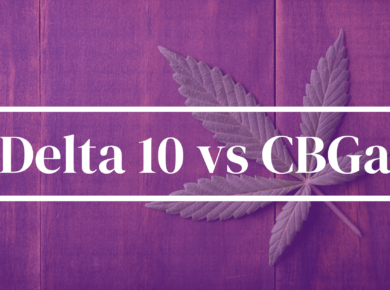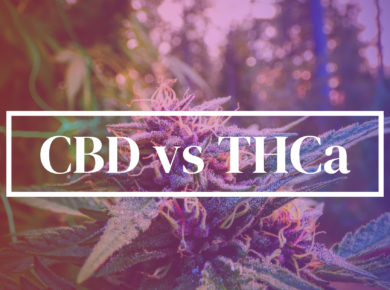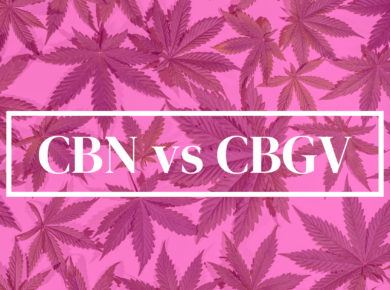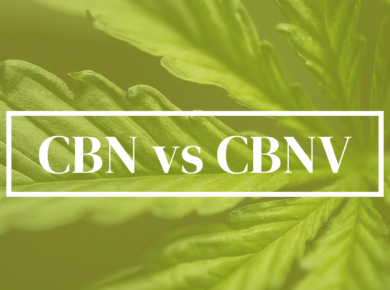Looking for a basic understanding of popular methods for cannabis extraction? We’ve got you covered. Often times differences in final products that come from the extraction method are slight. By the time the concentrate is refined those differences may not even apply to your use case. On the other hand, if you have down-stream sales that depend on specific methods for extraction it is important to understand the pipeline it is derived from.

What are the most popular methods for cannabis extraction?

Extracting cannabis can be done with or without solvents using temperature control, pressure, filters, etc. Let’s focus on hydrocarbon, co2, and ethanol as they are the most commonly used solvents in the industry. These methods can be done at considerable scale and offer different trade-offs.
What is hydrocarbon extraction?
Hydrocarbon extraction is a method that uses hydrocarbon gas (butane, isobutane, propane, etc.) at high pressures and low temperatures, stripping materials from raw cannabis product in a closed loop system. The gas is pressurized and ‘washed’ through the plant material, and recovered in a pressurized tank leaving a sticky oil behind.

Hydrocarbon extraction is fast and efficient. It does a great job preserving terpenes and flavor. You could produce a variety of products depending on the parameters including shatter, live resin, and more without the need for further refinement.
Products that are extracted using this method may be converted to full spectrum
What is Co2 Extraction?

CO2 extraction takes advantage of the super-critical properties of CO2 gas to strip materials from botanical substances.
This method for extraction has been used by a variety of industries before it was applied to cannabis, like perfumes and essential oils. Extracting material with CO2 with the right configuration will give you the option to separate different ‘fractions’ of material right out of the machine.
Scaling up CO2 extraction can be done, but it typically requires quite a bit of capital investment. You will also be limited by the range of products that you will be able to produce.
What is Ethanol Extraction?

Extracting with ethanol is done in a similar method to that of hydrocarbon extraction with low-temperature solvent, and recovery. Ethanol extraction can be done at a very large scale and with a few added bonuses. The material that comes from ethanol extraction can come out pre-winterized; without the need for much further refinement. Regardless of your extraction method, in order to make distillate, you will have to make your crude into ethanol to winterize it. There are inexpensive options available for labs who can use hydrocarbon, like 7/10 spirit, although I recommend pure grain or grape seed ethanol for the best flavor.
Ethanol processing is a great answer for distillate production and full-spectrum oil, especially for edibles. The downside is that you may not achieve the same clarity or flavor in your end-product as you would from other methods.
Know your stuff
Make sure you familiarize yourself with the material that you are in charge of sourcing. The price per THC content will vary depending on where the material came from, and how much it has been refined. There may be major opportunities to reduce the cost of producing your end-product. Break down where it came from. In times where trim is high in







